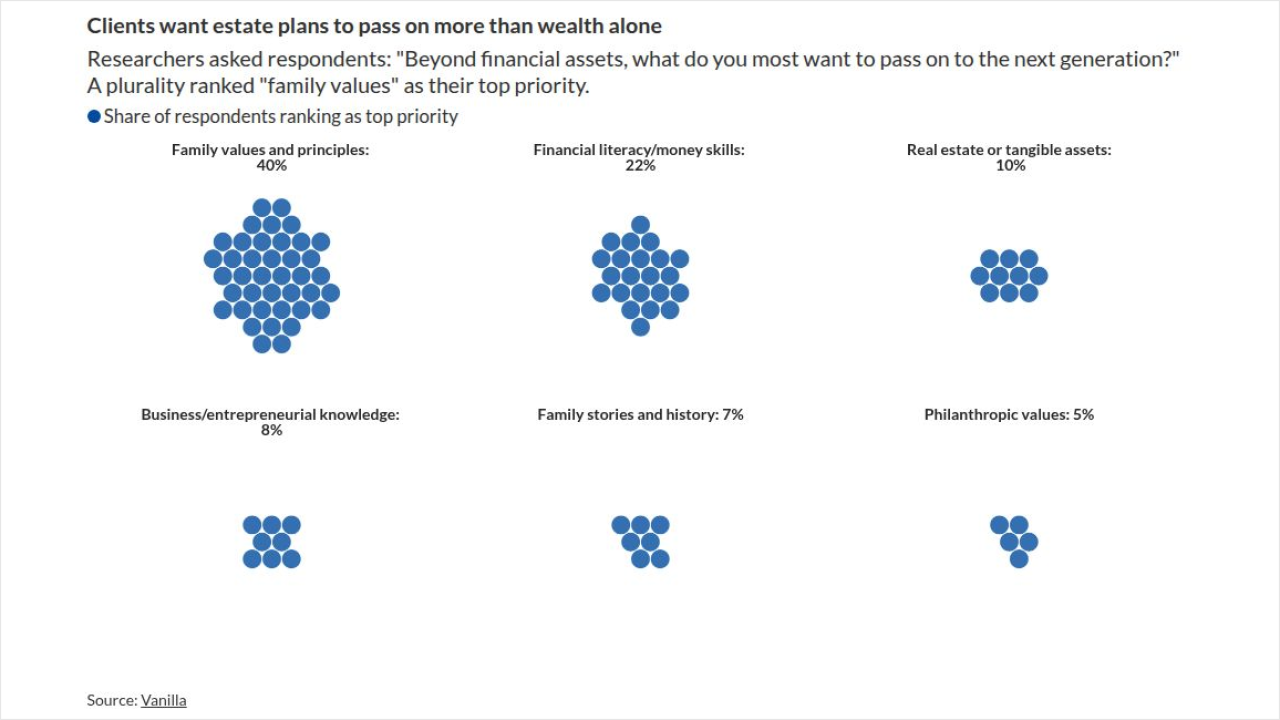(Bloomberg) -- Investors seeking higher yields in Finland, the euro area’s best-rated nation, are lining up to join a new market place that will offer junk bonds from smaller companies for trading.
Nasdaq OMX Helsinki, which runs the country’s stock exchange, will open a bond marketplace in Finland on the First North platform next quarter, the first venue for trading debt of small and medium-sized enterprises in the country. As a further boon to the nascent market, the industry made a new proposal this month on standardized terms for the credit instruments to ease the entry of smaller companies to the fixed-income market.
“Investor demand for bond issues based on high-yield documentation is growing,” Timo Pietilae, head of Helsinki- based Pohjola Bank Oyj’s debt capital markets unit, said by phone. Pietilae said he expects small companies to grab the opportunity when the market framework is operational.
“We’ve received strong signals that the market will develop and different actors will enter the markets in coming years,” he said. “Recent initiatives to increase activity are very welcome.”
Finnish Prime Minister Jyrki Katainen has proposed easing financing to SMEs as an antidote to Europe’s sluggish growth. His government, struggling with the impact of two recessions in four years and gross domestic product below the 2008 level, is now taking action remove funding bottlenecks that would allow companies to invest and create jobs.
Low Returns
Investors chasing higher yields are eager to see bonds from closely held companies as central bank rates are at record lows and sovereign bonds returns below inflation rates. Euro-area government bonds with maturities of more than 1 year returned 2.8 percent this year, while similar-maturity Finnish debt lost its holders 0.9 percent, according to Bloomberg/EFFAS indexes.
“The demand is there,” Urpo Hautala, senior adviser at the Helsinki-based Finance Ministry, said in an interview, citing a survey of institutional investors. “Now the supply needs to be arranged and we’re the midwives in this.”
The lure of bond markets to companies include the diversification of funding sources as banks curtail lending to comply with tighter capital requirements. The drawback: more bureaucracy and higher costs.
High Threshold
“When looking at smaller companies, the threshold to issue bonds is reasonably high,” said Tommi Toivola, a financing adviser at the Confederation of Finnish Industries. “We seek to ease the costs that have to do with crafting the documents. Bonds as a funding source for SMEs become more important as banking regulation tightens. The biggest issue is spreading knowledge about this funding alternative.”
Funding conditions for SMEs worsened in Finland, Italy and the Netherlands over the past six months and are now below the long-term average, Commerzbank AG said in a note to clients today, citing the European Central Bank. A gloomier economic outlook and existing credit risk are becoming obstacles to raising loans and the situation in these countries is set to worsen for SMEs, Commerzbank said.
A lighter regulatory burden is touted to attract small companies to sell debt on the First North bond marketplace, compared with listing on the main market. The exchange prepares to start trading in smaller Finnish credits in the first quarter, spokeswoman Maarit Bystedt said. Similar bond markets were introduced in Stockholm and Copenhagen last year, attracting bacon maker Danish Crown A/S as an initial issuer to the venue.
More Transparency
The move will add transparency and expand the investor group, according to Antti Kylmaenen, head of corporate finance at Ilmarinen Mutual Pension Insurance Co, the nation’s second- biggest private-sector pension fund which manages 31.5 billion euros ($42.6 billion) of investments.
Finnish telecommunications operator DNA Oy yesterday sold its first bond, raising 100 million euros at a coupon of 2.625 percent. The security matures in 2018. DNA sought funding after its owners in July halted a planned sale. The company had explored options including a private-equity buyout and initial public offering.
The Confederation of Finnish Industries published a draft proposal on standardized terms for bond issuance this month after working with law firms, banks, companies, investors and the finance ministry.
Good Template’
“The template is very good,” Pietilae at Pohjola Bank said. “We’ve been tightly involved in the preparation process since the start. The goal has been to seek best elements from other Nordic countries and adapt them to the Finnish market. Some minor tweaks remain.”
The government proposed in August that Finnvera Oyj, its financing company, could invest in bonds issued by SMEs starting next year to increase investor confidence and fill in market gaps. Talks are also under way regarding a potential domestic trustee model influenced by Norway’s Norsk Tillitsmann ASA, which established a unit in Finland this year.
The intermediary monitors payments, covenants and communications, acting as a centralized guardian for investors. Norway has the Nordic region’s largest junk and non-rated bond market, created by need to finance its extensive oil and gas industry.
“Bonds are very adaptable and specific terms can be tailored to suit different companies’ needs,” Pietilae said. The bonds’ popularity with companies will be tested once the market opens, he said. “Markets will shape the development in the end, there are no surefire tricks to make it succeed.”





